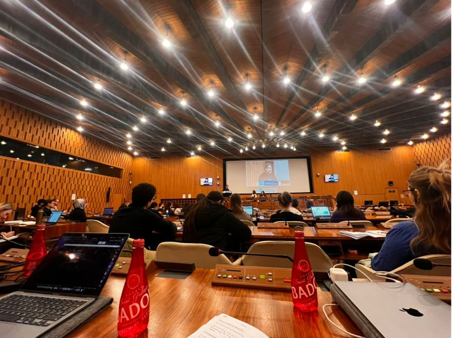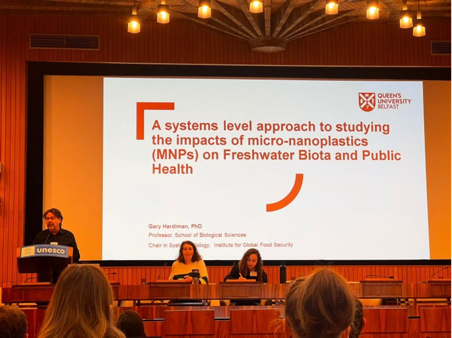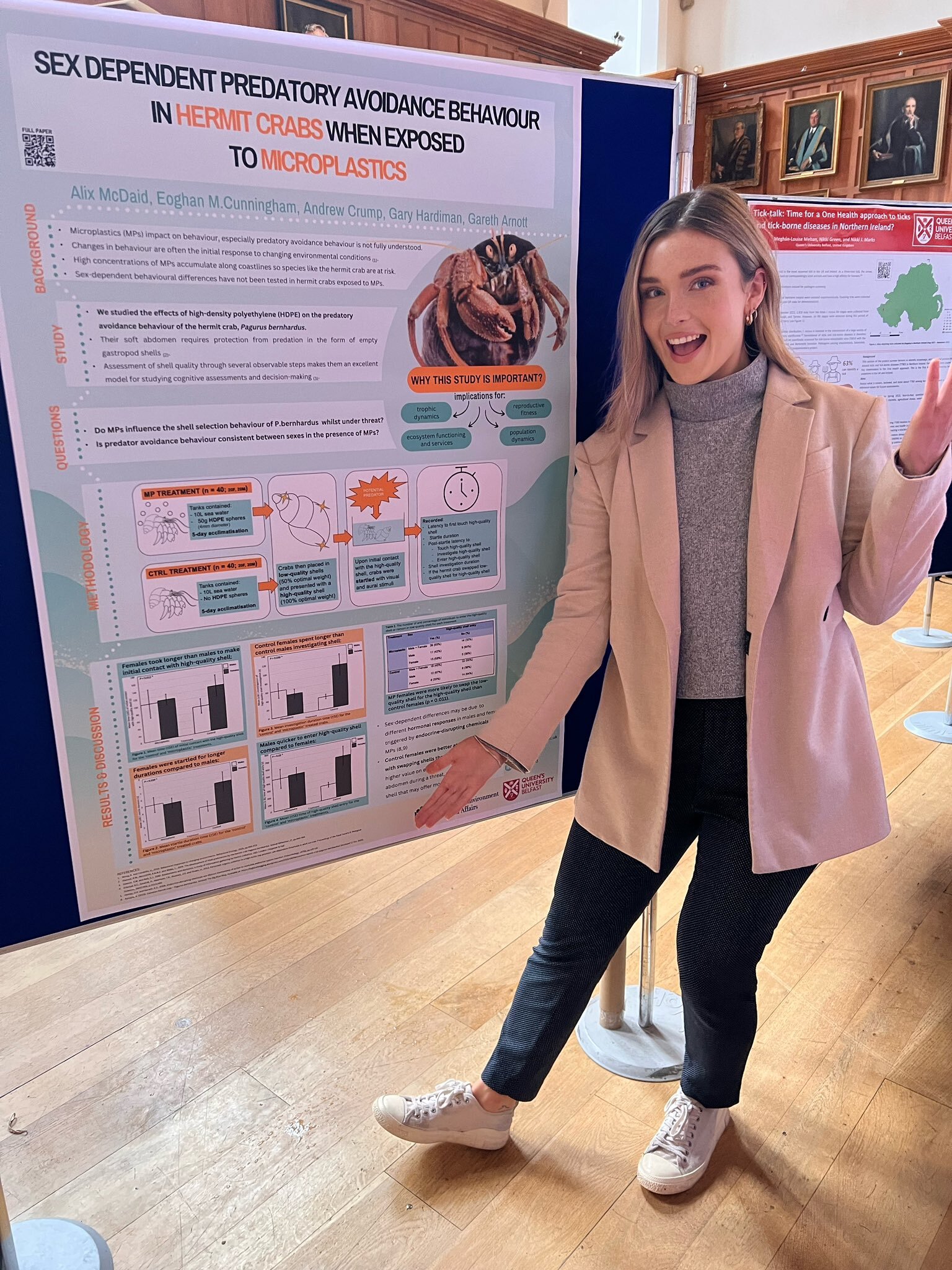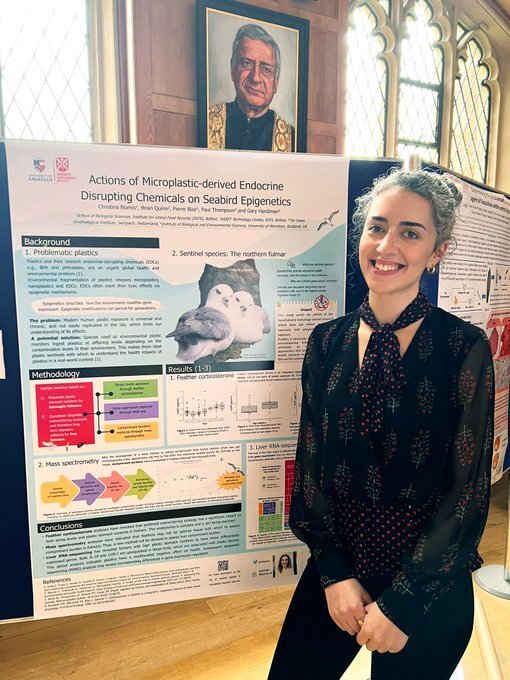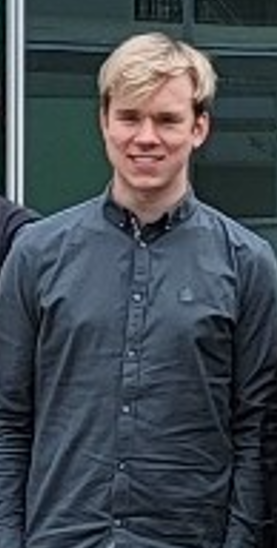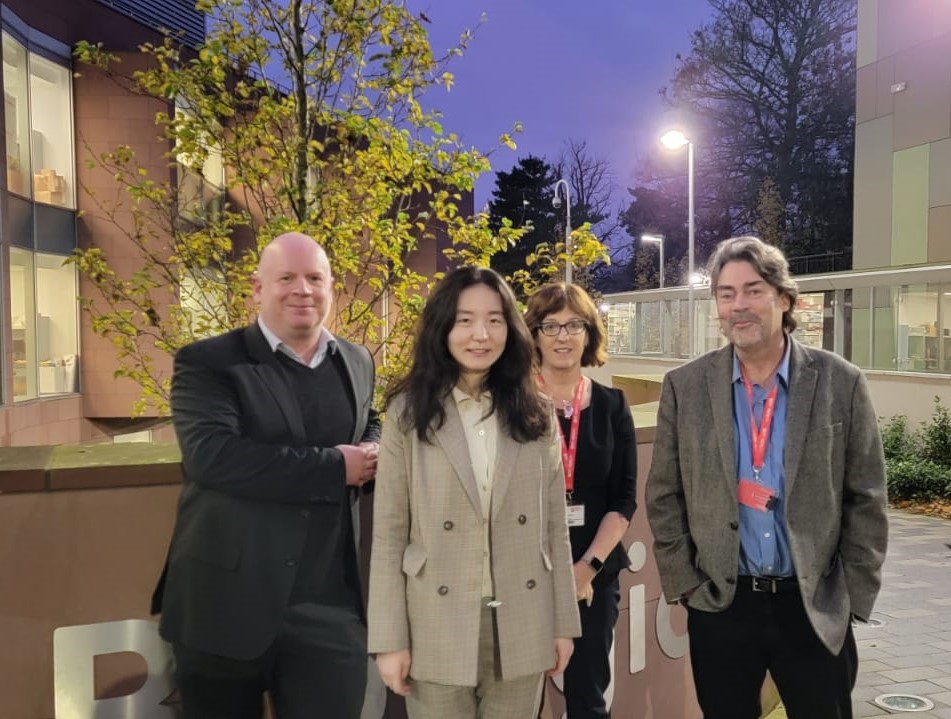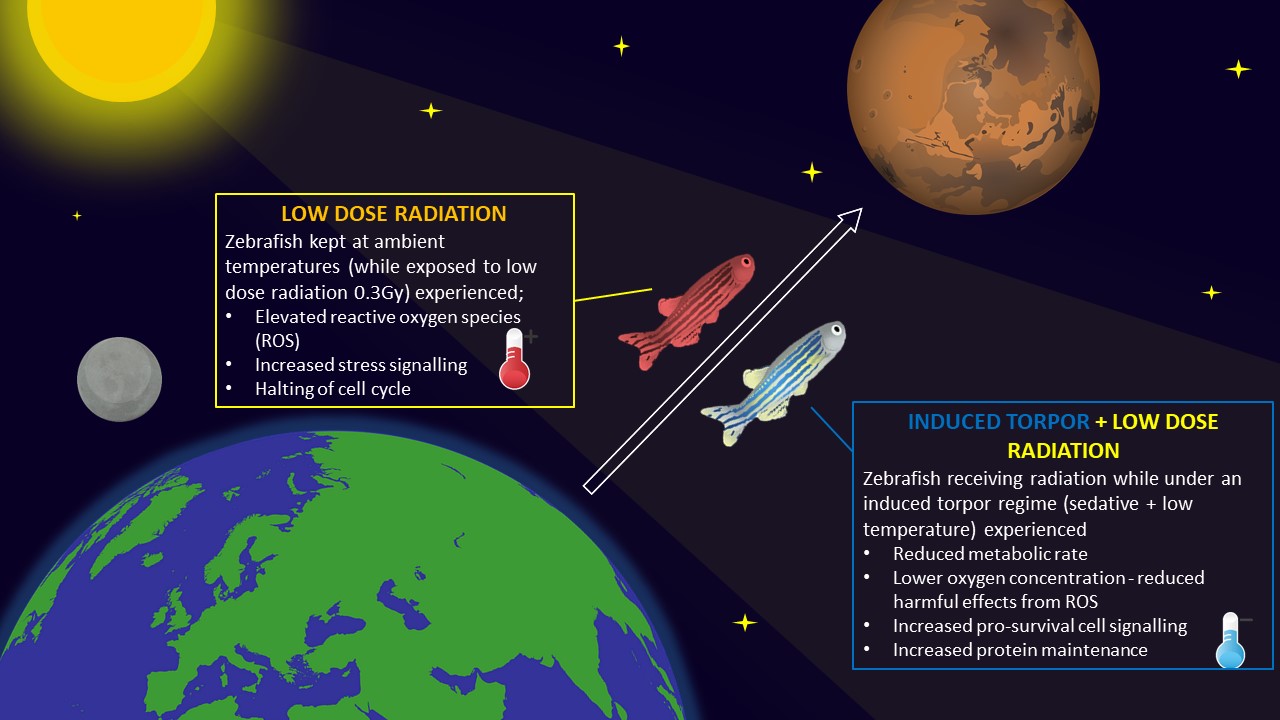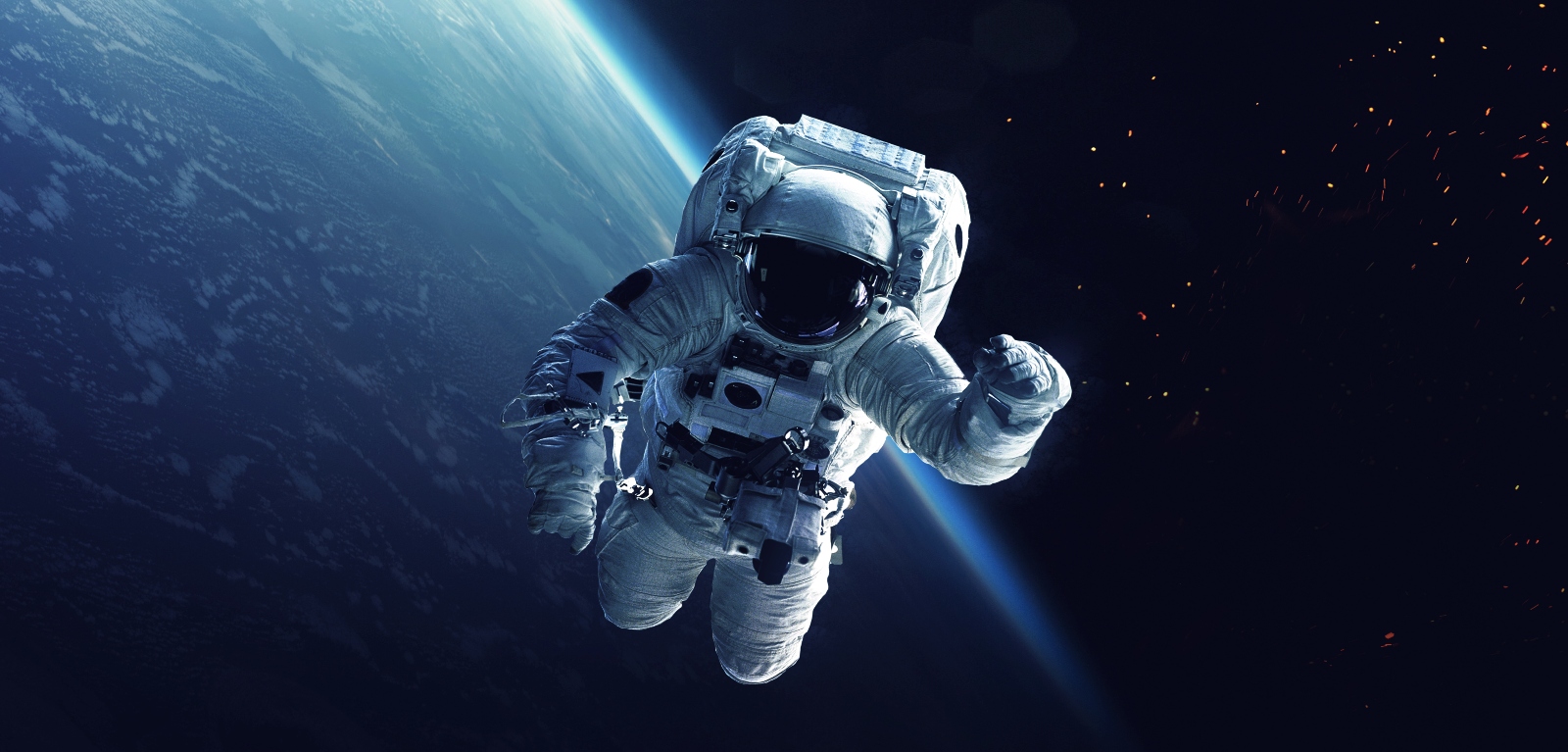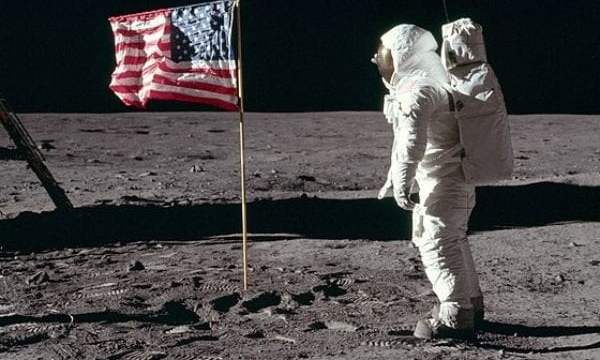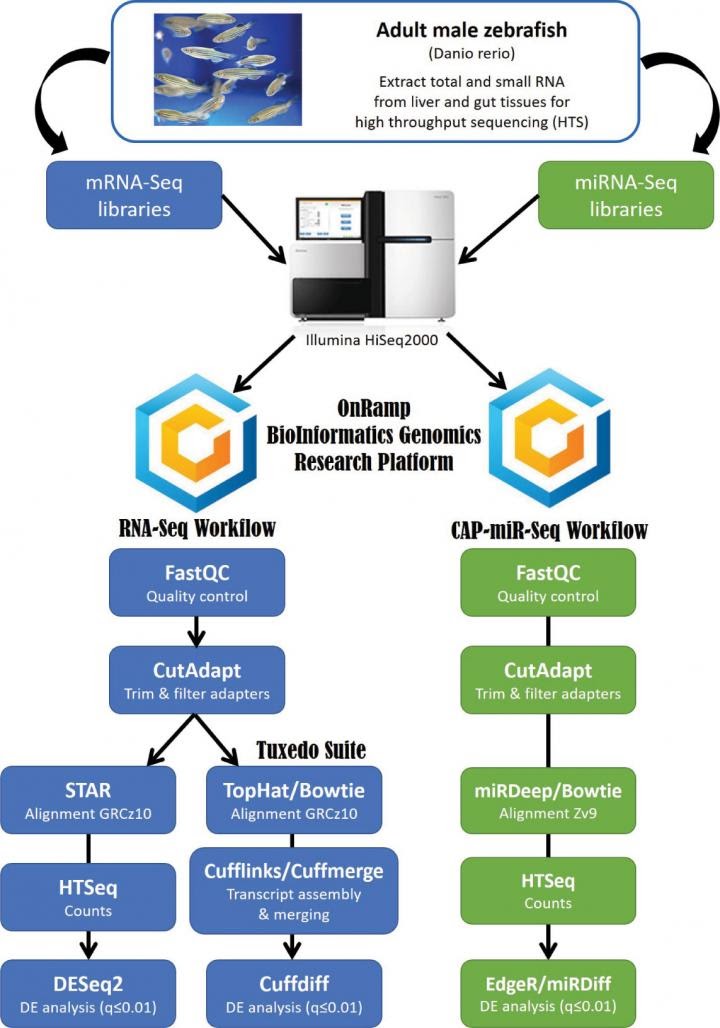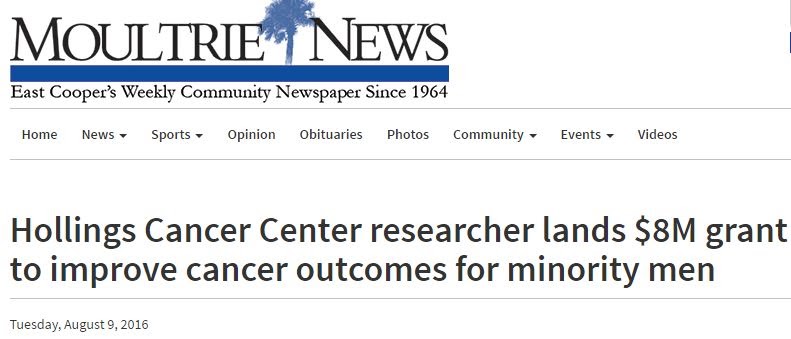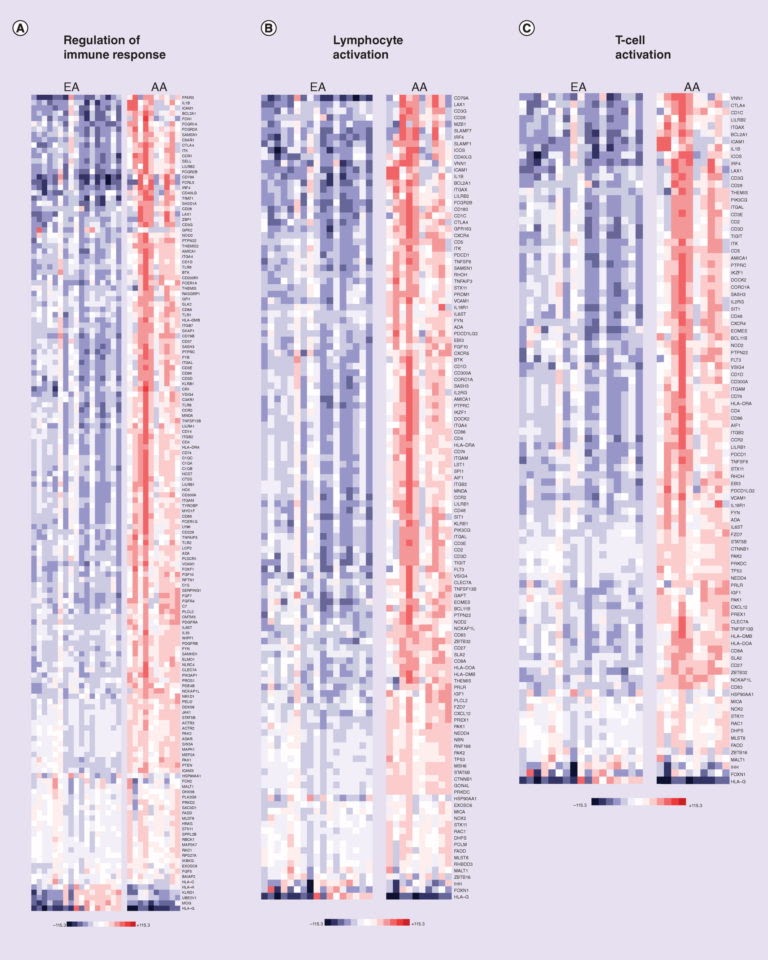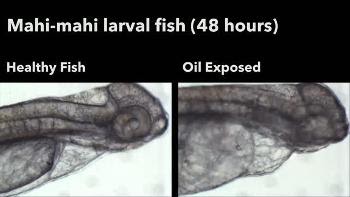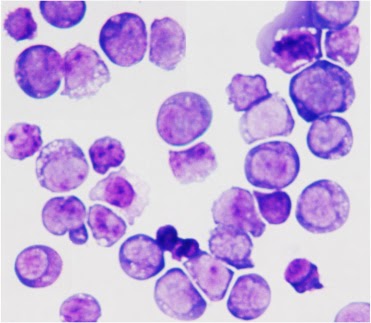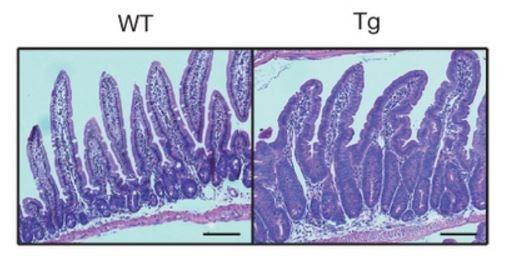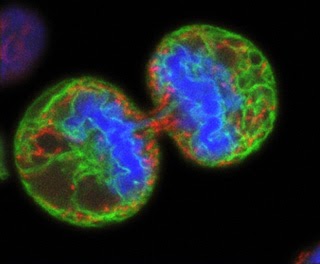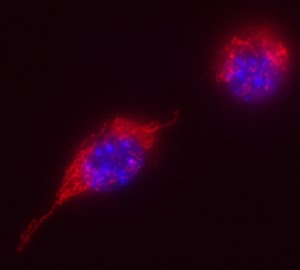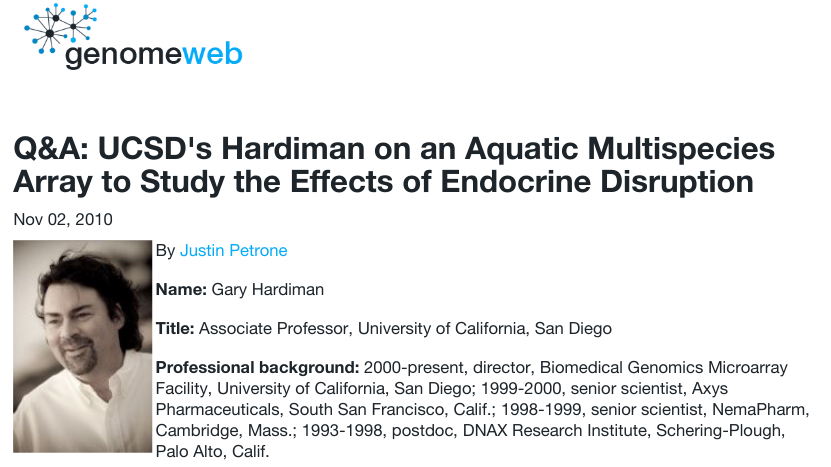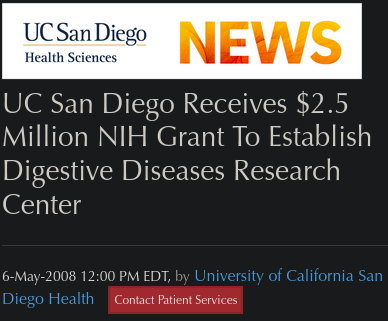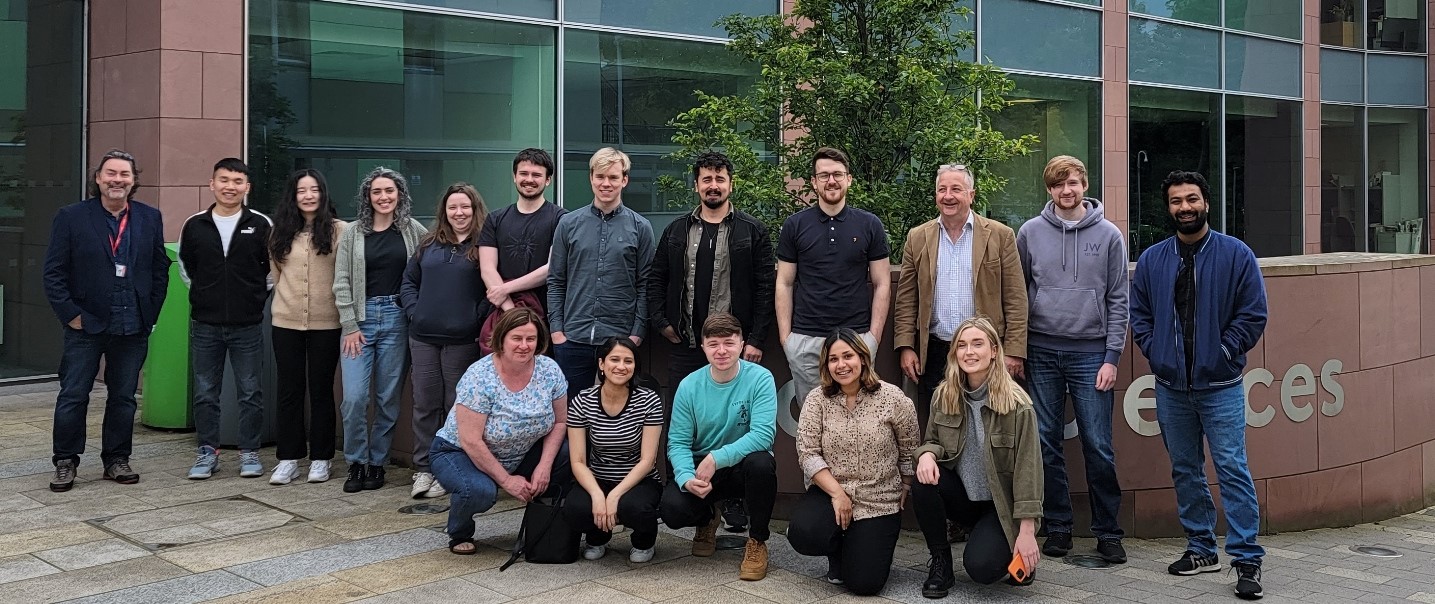
Research Interests:
The laboratory works in the field of systems biology the objective of which is the study of biological systems, including genes, RNAs, proteins, metabolites and cells in a focused manner, and organs, organisms and populations in a broader context.
Areas of research focus include:
-
Studying the effects of man-made contaminants (e.g. microplastics, persistent organic pollutants, xenobiotics) on marine and human health
-
Studying prostate cancer in the context of racial differences and nutritional deficiency
-
Examining the impacts of long term space travel – specifically the effects of nutrition, torpor, space radiation and microgravity on hepatic and intestinal biology
-
Developing a rat model of opioid abuse to better understand the biological basis for substance abuse disorders and advance development of preventive strategies and more efficacious treatments
-
Developing a robust toolkit for better integration of Omics data sets into genotype-phenotype predictions.
-
Studying the role of noncoding RNAs in the development of cancer and metabolic diseases
Teaching
Current Teaching
| Module Code | Module Title |
|---|---|
| BIO2302 | Food Choice, Diet and Health |
| BIO3301 | Food Supply Safety Chain & Security |
| BIO4102 & ALU8002 | Advanced Food Bioanalysis |
| BIO2305 | Molecular Genetics and Bioinformatics |
| SCM8152 | Systems Medicine: From Molecules to Populations |
Supervise students and/or dissertation marking from the following courses
| Module Code | Course Title |
|---|---|
| BIO3308 | 4th Honors Project |
| BIO4301 | MSci Research Project |
| BBC8003 | MSc Molecular Biology & Biotechnology Research Project |
| BIO3302 | FQN Honours Project Module |
Past Teaching at Medical University of South Carolina, SC
| Role | Faculty | Module Code | Module Title |
|---|---|---|---|
| Faculty | College of Graduate Studies | CGS 727 | Designing Rigorous Research; Principles in Rigor, Transparency and Reproducibility |
| Faculty | College of Graduate Studies | CGS 780 | Human Genetics & Genomics |
Guest Lecturer at Medical University of South Carolina, SC
| Departments |
|---|
| Pathology, Pediatrics, Pulmonary, Critical Care, Allergy & Sleep Medicine, and Public Health Sciences |
Past Teaching at University of California San Diego/San Diego State University, CA
| Role | Module Code | Module Title |
|---|---|---|
| Course Co-Director | FPM237 | Microarray Genomics Technology and Informatics |
| Lecturer | MED260 | Modern Techniques of Biomedical Research |
| Course Director | BIOL-40050 | From Gene to Function |
| Course Director | BIOL-40127 | Microarray Technologies |
| Lecturer | BIOM-200B | From the Molecule to the Organism |
| Lecturer | BIOM-252 | Human Genetics and Genomics |
Alumni
| Name | Role | Year |
|---|---|---|
| Yuxuan Liang | China Scholarship Council Visiting PhD Student 2022-2023; College of Food Science, South China Agricultural University, Guangzhou, China | 2023 |
| Dr. Hao Wang | Ph.D. student, 2020-2022; present - University of Edinburgh Institute of Genetics and Cancer | 2022 |
| Annette O’Farrell | MSc Advanced Food Safety 2022; present - Ph.D. student Queen’s University Belfast | 2022 |
| Ben Weekes | BSc Biological Sciences 2022; present - Ph.D. Student Queen’s University Belfast | 2022 |
| Eolann Duffy | BSc Biological Sciences | 2022 |
| Jack Roban | MSc Bioinformatics and Computational Genomics, 2022; present - PhD Student University College Dublin/SFI Centre for Research Training in Genomics Data Science | 2022 |
| Deepa Sudeeshna Nekkanti | MSc Molecular Biology & Biotechnology | 2022 |
| Richard Hillis | MSci Biochemistry with Professional Studies 2021; MSc Bioinformatics and Computational Genomics 2022; present - Ph.D. student Queen’s University Belfast | 2022 |
| Gerald Rice | BSc Biological Sciences 2022; present - Medical Student Queen’s University Belfast | 2022 |
| Dr Willian Abraham da Silveira PhD | Research Fellow 2019-2021; present - Lecturer in Molecular Genetics and Genomics · Staffordshire University, UK | 2022 |
| Anamika Sharma | MSc Advanced Food Safety, 2021 | 2021 |
| Andrew Millar-Wilson | MSc Bioinformatics and Computational Genomics | 2021 |
| Ryan Kelly | MSc Bioinformatics and Computational Genomics, 2021 | 2021 |
| Anamika Sharma | MSc Advanced Food Safety | 2021 |
| Shuai Wang | MSc Molecular Biology & Biotechnology | 2021 |
| Adam Harris | Bioinformatics Scientist/Sys Admins Lead 2019-2022; present - Bioinformatician at AilseVax, Belfast, NI | 2022 |
| Ryan Millar | BSc (Hons) Biol Sci with Professional Studies; present - Alexion Pharmaceuticals, Inc. | 2021 |
| Heather Greig | BSc (Hons) Biol Sci with Professional Studies; present - Almac Clinical Services | 2021 |
| Richard Hillis | MSci Biochemistry with Professional Studies | 2021 |
| Conor Porter | MSci in Marine Biology with Professional Studies | 2021 |
| Madison Brown | MSc Bioinformatics and Computational Genomics; present - Cardinal Health | 2020 |
| Jacopo Umberto Verga | Jacopo Umberto Verga MSc Molecular and Applied Biology (Università Politecnica delle Marche, Italy) ERASMUS Programme; present - PhD Candidate in Genomic Data Science, NUI Galway, Ireland | 2020 |
| Dulcie Keeley | BSc Biological Sciences; present - Tropic Biosciences | 2020 |
| Diarmuid Owens | BSc Biological Sciences; present - Northern Ireland Clinical Trials Unit | 2020 |
| Keir Herink | BSc Biological Sciences | 2020 |
| Amirah Mohamud | MSc Molecular Biology & Biotechnology | 2019 |
| Zehao Chen | MSc Molecular Biology & Biotechnology | 2019 |
Partners and Collaborators
I maintain active research collaborations with groups in the USA (University of California, Medical University of South Carolina, Wake Forest School of Medicine), (Université de Camerino & Università Politecnica delle Marche (Italy), National University of Ireland Galway (Ireland), University of Aberdeen (Scotland) and Swansea University (Wales).
Funding
Current and Recent Research Funding
| Title | Role | Funder |
|---|---|---|
| Development of a biopsychosocial translational research programme in post-traumatic stress disorder | co-I | UKRI/ESRC |
| Actions of endocrine disrupting chemicals in seabirds | Supervisor | UKRI/NERC |
| The Genetic Basis of Opioid Dependence Vulnerablility in a Rodent Model | MPI | US NIH/NIDA |
| Medical University of South Carolina Transdisciplinary Collaborative Center in Precision Medicine and Minority Men’s Health | Subcontract PI | NIH/NIMHD |
| Effect of Induced Hibernation and Prolonged Radiation Exposure on the Zebrafish Gut Epigenome | PI | NASA/SC-EPSCoR USA |
| Statistical Methods for Genetic Studies, Using Network and Integrative Analysis | Co-I | US NIH/NIGMS |
| A Novel Multiscale Data Integration Framework for Omics Big Data Modeling (in the Genomes to Phenomes framework) | PI | NSF/SC-EPSCOR Pilot |
| Algorithms for Literature-Guided Multi-Platform Identification of Cancer Subtypes | Co-I | US NIH/NCI |
Featured Publications
Microplastic toxicity : A review of the role of marine sentinel species inassessing the environmental and public health impacts
The ubiquity of plastics is a concern for the health of humans and marine ecosystems. Plastics and their composite endocrine disrupting chemicals (EDCs) are associated with adverse health outcomes in humans and marine species. With continued plastic production, waste mismanagement and global population increases, exposure effects will continue to escalate…
Induced Torpor as a Countermeasure for Low Dose Radiation Exposure in a Zebrafish Model
The development of the Artemis programme with the goal of returning to the moon is spurring technology advances that will eventually take humans to Mars and herald a new era of interplanetary space travel. However, long-term space travel poses unique challenges including exposure to ionising radiation from galactic cosmic rays …
Microplastics in the marine environmen - A review of their sources, distribution processes, uptake and exchange in ecosystems
The ubiquity of plastics is a concern for the health of humans and marine ecosystems. Plastics and their compositeendocrine disrupting chemicals (EDCs) are associated with adverse health outcomes in humans and marinespecies. With continued plastic production, waste mismanagement and global population increases, exposureeffects will continue to escalate…
Human cardiac organoids for the modelling of myocardial infarction and drug cardiotoxicity
Environmental factors are the largest contributors to cardiovascular disease. Here we show that cardiac organoids that incor- porate an oxygen-diffusion gradient and that are stimulated with the neurotransmitter noradrenaline model the structure of the human heart after myocardial infarction (by mimicking the infarcted, border and remote zones), and recapitulate hallmarks of…
Nutritional challenges and countermeasures for space travel
There has been a reinvigoration of public interest in space exploration in what has been deemed the new space race, which aims to eventually take humans to Mars in the 2030s. This type of Earth‐independent deep space mission presents a multitude of challenges for…
The effects of rosiglitazone on the neonatal rat cardiomyocyte transcriptome: a temporal analysis
The objective was to determine via high-throughput RNA sequencing the temporal effects of rosiglitazone (Avandia®) on the neonatal rat ventricular myocyte transcriptome. Materials & methods: Neonatal rat ventricular myocytes (NRVMs) were exposed to rosiglitazone in vitro. Meta analyses utilized temporal comparisons of 0.5 h control versus 0.5 h treatment, 0.5 h treatment versus…
Meta-analysis Of Dolphin And Human Peripheral Blood Mononuclear Cells Reveals Inflammatory Signatures Associated With Exposure To High Levels Of Perfluoroalkyl Substances
Currently a fundamental gap exists on how persistent organic pollutants affect humans especially those who consume high levels of seafood from contaminated coastal waters. There is an urgent need to better understand effects of these contaminants on human health in coastal communities. Elevated contaminant levels in coastal seafood will give rise to…
miRmapper: A Tool for Interpretation of miRNA⁻mRNA Interaction Networks
It is estimated that 30% of all genes in the mammalian cells are regulated by microRNA (miRNAs). The most relevant miRNAs in a cellular context are not necessarily those with the greatest change in expression levels between healthy and diseased tissue. Differentially expressed (DE) miRNAs that modulate a large number of messenger RNA (mRNA) transcripts ultimately have a greater…
Systems Analysis of the Liver Transcriptome in Adult Male Zebrafish Exposed to the Plasticizer (2-Ethylhexyl) Phthalate (DEHP)
The organic compound diethylhexyl phthalate (DEHP) represents a high production volume chemical found in cosmetics, personal care products, laundry detergents, and household items. DEHP, along with other phthalates causes endocrine disruption in males. Exposure to endocrine disrupting chemicals has been linked to the development of several adverse health outcomes with apical end points including Non-Alcoholic Fatty Liver Disease (NAFLD). This…
Presentations
Microplastics
Christina Biamis - Microplastic-derived Endocrine Disrupting Chemicals on Seabird Epigenetics Video Presentation
Torpor
Thomas Cahill - Utilization of an induced torpor-like state as a countermeasure for low dose radiation exposure in a zebrafish model
Software
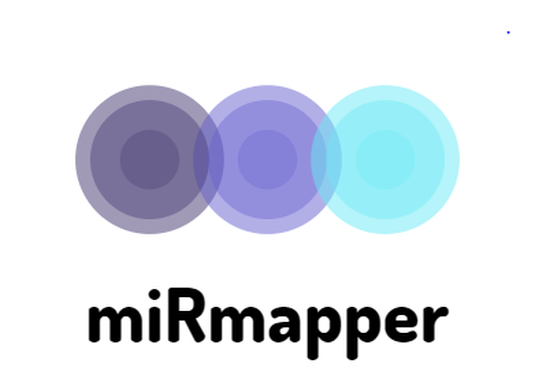
miRmapper
miRmapper is an R package for analyzing the predicted impact that micro RNAs have on the post transcriptional regulation of mRNAs. The user will provide the list of miRNAs of interest and the predicted target genes for each, as well as a list of the differentially expressed genes from the sequencing experiment. miRmapper will generate metrics and plots of the interactions.
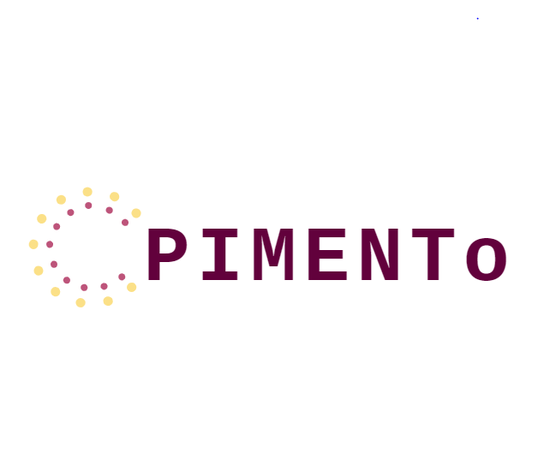
PIMENTo
PIMENTo is an R package to normalize, analyze, and visualize microarray data
Posters
Elvis G.B. Xu et al. - Genome-wide transcriptional responses to Deepwater Horizon oil in Mahi-Mahi(Coryhaena hippurus) embryos
Sean M Courtney et al. - MUSC Bioinformatics Core (MBC)
Thomas Nash et al. - Pipeline for Integrated Microarray Expression Normalization Toolkit (PIMENTo)
Ludivine Renaud et al. - Does Exposure to BPA Change the Epigenome of Zebrafish?
Books
Gary Hardiman - Microarrays Methods and Applications (Nuts and Bolts Series) 2003
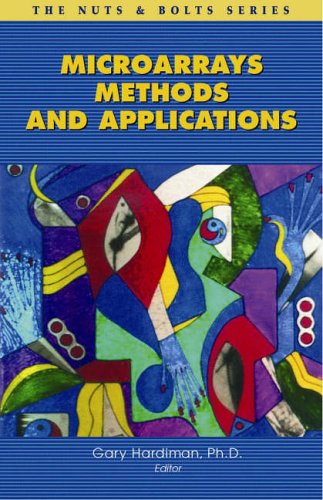
Gary Hardiman - Microarrays Methods and Applications (Nuts and Bolts Series) 2004 - Chinese Translation
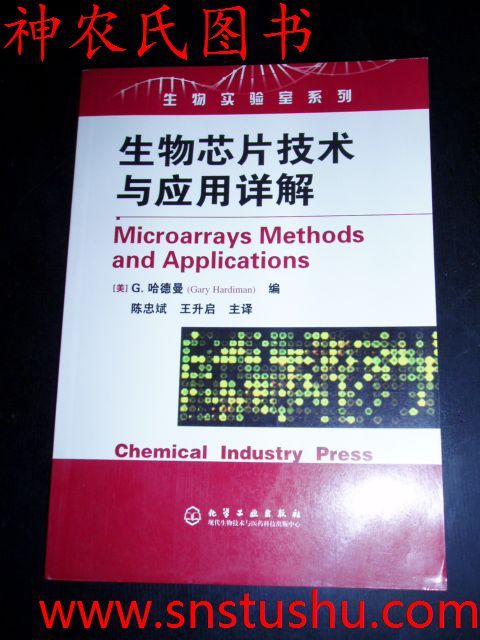
Microarray Innovations: Technology and Experimentation (2009)
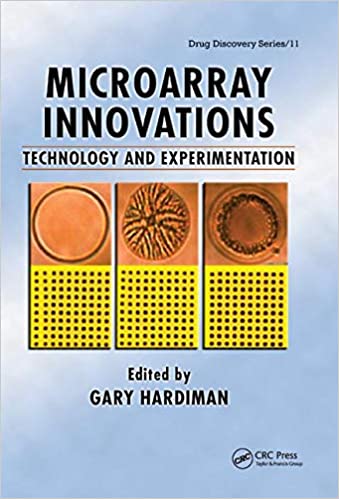
Andrew Carmen and Gary Hardiman - Biochips as Pathways to Drug Discovery (with Dr. Andrew Carmen) 2006
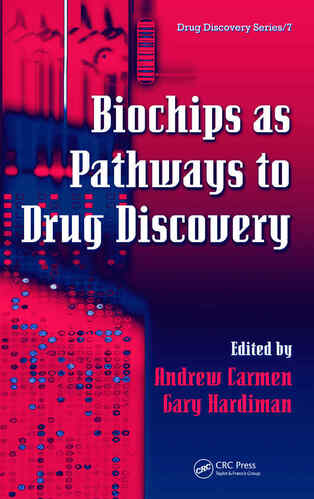
Research In The News
Space omics in Europe
The European Space Agency (ESA) Space Omics Topical Team recently released its final report and publication of 13 articles in the scientific journal iScience.
In recent years, multiple model systems, including humans, have been exposed to microgravity environments, either real (spaceflight) or simulated. This special issue collates the contributions of European scientists on how to give space biology research the opportunity to meet molecular biology gold standards in the context of international consortia such as ISSOP (https://issop.space/) and the Space Omics Topical Team. This collection also addressed a general stress response, usually linked to mitochondrial function, as a common response observed across all kingdoms of life so far, usually observed in synergy with the molecular level adaptation to suboptimal environments, such as those observed in spaceflight and microgravity simulation experiments. The special issue also contains state-of-the-art multi-omics-based contributions, with a particular emphasis on describing past, present, and future contributions of European molecular biology scientists to the international landscape in space omics research.
The Space Omics Topical Team, comprised of established scientists and researchers from across Europe, including Prof. Gary Hardiman and Dr. Thomas Cahill from QUB has been engaged in an ambitious mission to unravel the mysteries of space biology. The pioneering work of the Space Omics Topical Team focuses on the study of omics - genomics, proteomics, transcriptomics, and metabolomics - in the unique environment of space, aiming to gain invaluable insights into the effects of microgravity and cosmic radiation on living organisms.
Among these contributions, three articles feature QUB, affirming our organisation’s role in advancing space omics research.
The full list of published articles from QUB can be viewed here:
Aránzazu Manzano, Silvio Weging, Daniela Bezdan, Joseph Borg, Thomas Cahill, Eugénie Carnero-Diaz, Henry Cope, Colleen S. Deane, Timothy Etheridge, Stefania Giacomello, Gary Hardiman, Natalie Leys, Pedro Madrigal, Felice Mastroleo, F. Javier Medina, Jakub Mieczkowski, Manuel A. Fernandez-Rojo, Keith Siew, Nathaniel J. Szewczyk, Stephen B. Walsh, Willian A. da Silveira, Raúl Herranz. Enhancing European capabilities for application of multi-omics studies in biology and biomedicine space research. iScience. 2023 Sep 15;26(9). Space Omics Topical Team; Colleen S. Deane, Joseph Borg, Thomas Cahill, Eugénie Carnero-Diaz, Timothy Etheridge, Gary Hardiman, Natalie Leys, Pedro Madrigal, Aránzazu Manzano, Felice Mastroleo, F. Javier Medina, Manuel A. Fernandez-Rojo, Keith Siew, Nathaniel J. Szewczyk, Alicia Villacampa, Stephen B. Walsh, Silvio Weging, Daniela Bezdan, Stefania Giacomello, Willian A. da Silveira, Raúl Herranz. Space omics research in Europe: Contributions, geographical distribution, and ESA member state funding schemes. iScience. 2022 Feb 15;25(3):103920. doi: 10.1016/j.isci.2022.103920. Andrew Millar-Wilson, Órla Ward, Eolann Duffy, Gary Hardiman. Multiscale modelling in the framework of biological systems and its potential for spaceflight biology studies. Iscience. 2022 Oct 26; (11), 105421. doi: 10.1016/j.isci.2022.105421
The Space Omics Topical Team members promote standard application of space omics in Europe. They focused their final report on four main themes: i) continued participation in and co-ordination with international omics endeavours; ii) strengthening of the European space omics infrastructure including workforce and facilities; iii) capitalizing on the emerging opportunities in the commercial space sector, and iv) capitalizing on the emerging opportunities in human subjects’ research.
For more information or opportunities to work in the space omics sector, you may contact Prof. Gary Hardiman by email.
Ecotoxicological Impacts of Micro(Nano)plastics in the Environment: Biotic and Abiotic Interactions
Prof Hardiman, Prof. Tony Walker, Dr. Cristina Panti, Dr. Miguel Oliveira, and Dr. Farhan Khan edited a special issue in MDPI Microplastics. The issue reflects upon the significance of recent findings on Micro(Nano)plastics and the implications they hold for our planet and its inhabitants. The journey to fully comprehend the ecotoxicological impacts of microplastics requires an unwavering commitment to interdisciplinary collaboration and a steadfast embrace of the One Health Approach. This issue is a catalyst for further research, innovation, and concerted efforts to mitigate the adverse effects of microplastics, ultimately preserving the health and integrity of our environment for future generations.
Prof Hardiman publishes new book with Oliana Carnevali ‘Environmental Contaminants and Endocrine Health.
The book focuses specifically on contaminants with hormonal-disrupting activities and provides insights into the multiple effects of endocrine-disrupting chemicals (EDCs) and their mechanism of action (MoA). The content covers EDC sources and impacts, EDCs as sources of disease and health impairment in laboratory models, EDCs as the cause of illness and health impairment in humans and wild species, and the removal of hazardous pollutants from wastewaters to highlight intervention, mitigation, and adaptation for reduced threat.
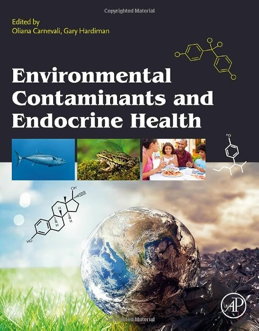
Lihini Nilma from Environmental Contamination and Toxicology (ECT+)
A nice spotlight on one of our visiting students at QUB Lihini Nilma from Environmental Contamination and Toxicology (ECT+) -She has been working at QUB School of Biological Science and Institute for Global Food Security with ALİ CAN and Prof Hardiman and focusing on utilizing high content screening (HCS) to evaluate the impacts of the two most-produced biodegradable plastics. #biodegradableplastics #microplastics #nanoplastics #MNPs #OneHealth #PLA #PCL
Hailing from Sri Lanka and studying at University of Pau and Adour Countries, the Universidade do Porto and the Universidad del País Vasco/Euskal Herriko Unibertsitatea Lihini’s master’s thesis, now at Queen’s University Belfast, delves into the effects of biodegradable micro and #nanoplastics (BMNP) on human health.
With the reduction in the use of conventional #plastics, the plastics #industry has shifted towards the production of compostable #biodegradable plastics, manufacturing over 2,11 million tonnes in 2018 alone.
However, the environmental and ecological effects of biodegradable micro and nanoplastics (BMNPs), including the adsorption and release of toxic substances, as well as the role of BMNPs in transporting legacy contaminants, are yet to be fully understood.
While not all biodegradable plastics exhibit the same rates of decay in the aquatic environment, biodegradation can still take a considerable amount of time.
The objective of this project is to assess the implications of transitioning from oil-based plastics to newer biodegradable alternatives. She is focusing on utilizing high content screening (HCS) to evaluate the impacts of the two most-produced biodegradable plastics, namely biobased PLA (polylactic acid) and non-biobased PCL (Polycaprolactone), on three human cell lines: Caco-2 (human intestine cells), HepG2 (human hepatoma cells), and SH-SY5Y (human brain cells).
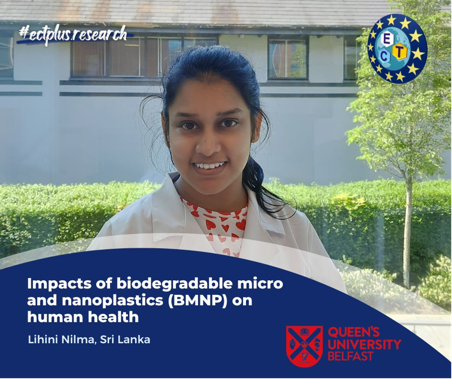
Ada Madrid Sandoval presents at the VIBE meeting.
Ada Madrid Sandoval has an opportunity to present her master’s dissertation project at Virtual Institute of Bioinformatics and Evolution, All-Ireland Conference in May 2023. Her work explores how bisphenol A alters the transcriptome of the developing zebrafish.
Toxic mechanisms underlying Aflatoxin B1 exposure
Delighted to see this paper published in May 2023 - where we explore the toxic mechanisms underlying Aflatoxin B1 exposure -congrats to all authors and in particular to Jacopo Umberto Verga - he arrived in Belfast as an ERASMUS visiting student the week before we went into lockdown back down in 2019 - it was a tough time for all of us - but being in a new city and alone I really felt for him - this paper is a testament to his resilience and perseverance.

Congrats to Dr. Thomas Cahill on passing his Ph.D. viva exam.
Congrats to Dr. Thomas Cahill on passing his Ph.D. viva exam in May 2023. Many thanks to Prof. Stephen Harridge from KCL and Prof. Mark Mooney for serving as examiners, and Prof. Brian Green for chairing.
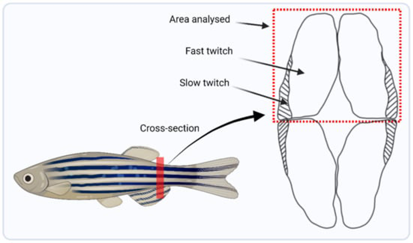
Transcriptome Profiling Reveals Enhanced Mitochondrial Activity as a Cold Adaptive Strategy to Hypothermia in Zebrafish Muscle
Check out our new research paper led by Dr. Thomas Cahill which characterises the response to low dose radiation in zebrafish muscle, explores transcriptomic mechanisms of radioprotection from an induced torpor-like state, and reveals shared strategies to cold tolerance with hibernating animals

Prof Hardiman was thrilled to give a talk in March 2023 at the @UNESCO_fr@LimnoPlast conference focussed on microplastic sources, impacts, behavior, economic perspectives, and innovative technological solutions.
How to improve traceability with genomics?
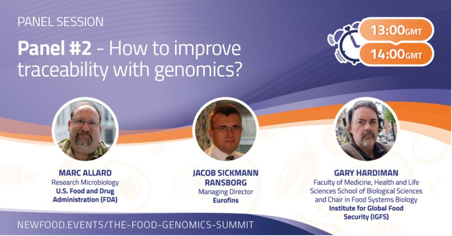
How does sequencing provide a trail back to a food source and what are the practical applications of this exciting science? An end to end solution and deep dive into the actual technological platforms available.
With Dr. Marc Allard, Research Microbiology, US Food and Drug Administration and Jacob Sickmann Ransborg, Eurofins
Congratulations to Alix McDaid, DAERA PhD Student in Biological Sciences for receiving first place in the poster prize competition (Second Year PhD students)
Congratulations to Christina Biamis, QUADRAT PhD Student in Biological Sciences for receiving first place in the poster prize competition (Third Year PhD students)
Congratulations to Eolann Duffy - Final Year Undergrad Student BSc Biological Sciences for receiving the ‘Outstanding Commitment Prize for a graduating UG student’.
Congratulations to Dr. Hao Wang on passing her PhD. viva exam
Congrats to Rebecca Morgan on her first first-author publication. Long non-coding RNAs and their potential impact on diagnosis, prognosis, and therapy in prostate cancer: racial, ethnic, and geographical considerations
Congrats to Hardiman Lab students Jacopo Umberto Verga, Matthew Huff and Diarmuid Owens on their publication ‘Integrated Genomic and Bioinformatics Approaches to Identify Molecular Links between Endocrine Disruptors and Adverse Outcomes’
BBC RADIO ULSTER Evening Extra 21/05/2021
New research shows how the zebrafish could help humans reach Mars
New link between cell damage in astronauts and geriatric-type health problems observed in space
Scientists examine why travelling through space, exposure to radiation and micro-gravity ‘accelerate ageing’
Simulated heart attacks could help researchers screen drugs
Fabulous scientific facts - as chosen by scientists; Zebrafish could help humans reach Mars
Interplay Between MicroRNAs and Targeted Genes in Cellular Homeostasis of Adult Zebrafish (Danio rerio)
Gary Hardiman (Medical University of South Carolina) received U01 to study opioid dependence in HS rats
Guardians of the environment
Hollings Cancer Center researcher lands $8M grant to improve cancer outcomes for minority men
Racial Disparities At Transcriptome Level Found For Prostate Cancer
Prostate Cancer Genes in African American Men May Be Affected by Vitamin D Supplementation
Transcriptome differences in prostate cancer highlight racial disparities and vitamin D
Weathered oil from DW Horizon spill may threaten fish embryos and larvae development
Access Denied: Leukemia Thwarted by Cutting off Link to Environmental Support
Harnessing Big Data
Researchers Find Link between Inflammation, Tissue Regeneration, and Wound Repair Response
Split Decision: Stem Cell Signal Linked With Cancer Growth
Researchers Describe First Functioning “Lipidome” of Mouse Macrophage
Q&A: UCSD’s Hardiman on an Aquatic Multispecies Array to Study the Effects of Endocrine Disruption
UC San Diego Receives $2.5 Million NIH Grant To Establish Digestive Diseases Research Center
UCSD’s Gary Hardiman Discusses The Future Of Core Array Faclities
Contact
- +44 (0)28 9097 4961
- 19 Chlorine Gardens, Belfast, Antrim BT9 5DL
- Institute for Global Food Security: Biological Sciences Building
- Monday - Friday 09:00 to 17:00
Available Positions:
There are currently no vacancies at the Hardiman Lab
Guidance For International Students
Please check
https://www.qub.ac.uk/International/International-students/Your-Country/
If there are fellowship opportunities, you are interested in applying for – e.g., Commonwealth, Colt Foundation. Etc. please contact Prof Hardiman a month before the application deadline.
